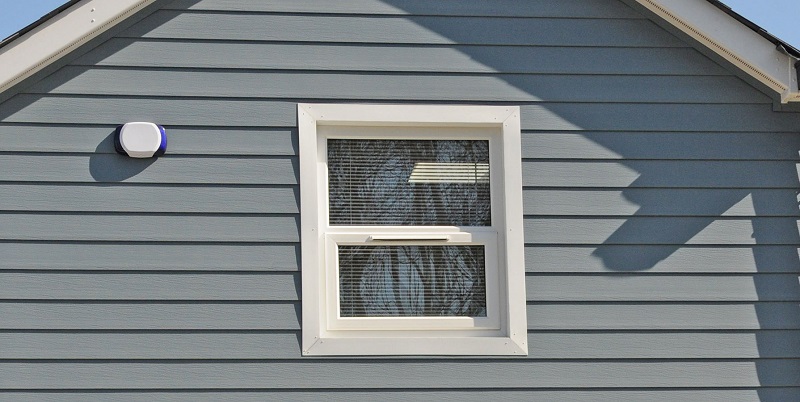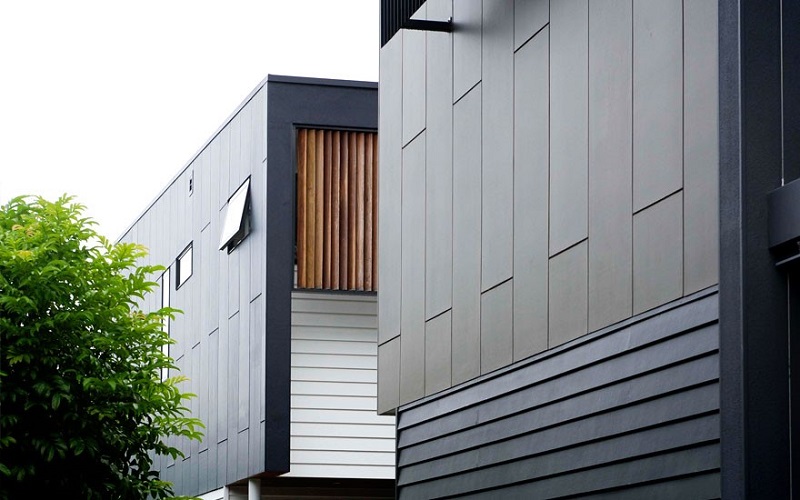Cladding Installers,
Home Improvement
Different Types of Cladding Installers for Buildings and Houses
2:34 AM
Cladding installers install cladding on your property for added protection against weather elements.
What is Cladding?
The cladding is akin to a layer of protection that shields a surface from damage caused by the elements. The surface on which cladding is applied may be a roof or an outer wall. What must be observed and remembered is that cladding is not a part of the structural system of an establishment, but rather just a layer affixed by cladding installers to the outer surface to protect it from direct contact with rain and other weather elements, which can cause harm to the surface.
As a matter of fact, the cladding is also used as a thermal insulation mechanism. Another important feature of cladding is that it is not necessarily waterproof but acts as a partial barrier which obstructs rain from coming in direct contact with the walls and roof as they just slide off the cladding.
 |
| Cladding |
Types of Material Used for Cladding
The cladding is not a new concept in the construction industry; rather it has been present and has been used by cladding installers over the years. The only things that have changed, however, are the materials and methods used nowadays. Some of the most common materials used for cladding are as follows:
- Stone Cladding: The biggest benefit of installing stone cladding, which requires the use of either faux stone or natural stone is that they are maintenance free. Added advantages include easy application, and a great addition to the interiors as well as exteriors of your home.
- Wood Cladding: cladding installers use wooden cladding to make your house look amazing. The most important benefits of a wooden cladding are the stunning look as well as the thermal insulation properties. The only issue with wooden cladding is that if it is used for exteriors then the maintenance would be slightly higher. What is lost in maintenance is more than made up for in style?
- Tile Cladding: Tile cladding gives you the option of picking and choosing from a variety of possibilities. Tile cladding is easy to install and offers heavy protection. Also, the cost of maintenance is quite low making it feasible to be considered as an option. You can have different varieties of tiles for your cladding and have a very distinctive look for your house.
 |
| Cladding |
- Glass Cladding: Glass Cladding is an option that is primarily used for non-residential properties. Glass cladding offers you the possibility to experiment with a variety of different designs for a modern look, catering to a plethora of different styles of glasses. You can choose between laminated glass, tempered glass, enameled glass, and other types of glass cladding.
- Ceramic Cladding: Ceramic cladding is similar to stone and/or tile cladding and it offers greater protection from the elements. This cladding is quite reliable and therefore has been used for cladding purposes all over the world for many years. Another added advantage is that it is very light in terms of weight and therefore, is easy to maintain. Ceramic cladding allows it to be molded into different forms allowing for greater freedom of usage and maneuverability.
- Aluminum Cladding: The greatest advantage of applying Aluminum Cladding is its recyclability. Because aluminum does not corrode and is a durable substance, therefore, it can be used for cladding and it will continue to hold its shape and protect your property for a long time.
With so many options to choose from, you can pick out the one which suits you best by consulting a few good cladding installers. The usage of a particular cladding material would depend heavily on your taste and preferences, so remember to choose wisely.






0 comments